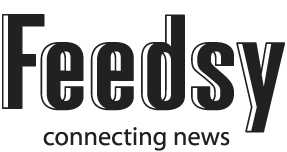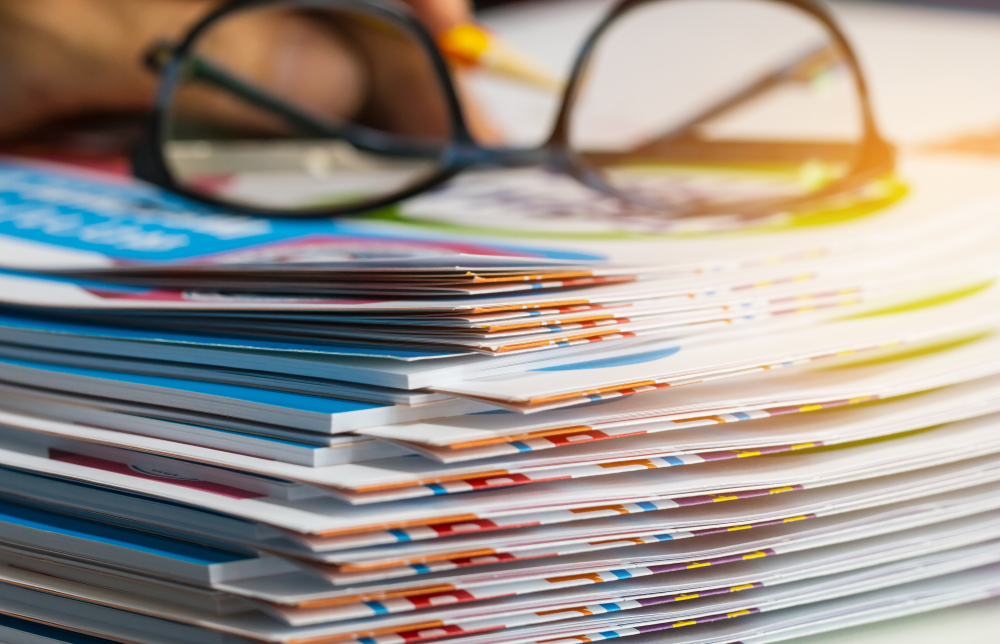The head of the Reserve Bank says interest rates are now in restrictive territory and the bank has an open mind about pausing interest rates at the next meeting.
But he says “further tightening of monetary policy” is still likely to ensure high inflation is only temporary.
In a speech following the 10th consecutive interest rate rise to counter high inflation, RBA governor Philip Lowe said the “more recent rate increases” had moved interest rates into restrictive territory, which is where monetary policy is high enough to slow growth in the economy.
The earlier increases, he said, were necessary to remove the “extraordinary policy support” handed out during the pandemic.
Dr Lowe told the Australian Financial Review’s Business Summit in Sydney the board discussed the timing of keeping interest rates on hold when it met on Tuesday afternoon.
“At our board meeting yesterday, we discussed the lags in monetary policy, the effects of the large cumulative increase in interest rates since May and the difficulties that higher interest rates are causing for many households,” he said.
“We also discussed that, with monetary policy now in restrictive territory, we are closer to the point where it will be appropriate to pause interest rate increases to allow more time to assess the state of the economy.”
He said the timing of a pause would depend on incoming data and the board’s assessment of the outlook.
Ahead of the April meeting, the board will need to digest more data on employment, inflation, retail spending and business conditions and sentiment.
“We’ve got a completely open mind about what happens at the next board meeting,” he said.
Dr Lowe also recycled his phrasing about the potential for further monetary tightening from his statement on the interest rate decision on Tuesday.
Analysts have speculated the evolution from “further interest rate increases” at the February meeting to “further tightening of monetary policy” in March suggests the bank is softening its rhetoric in preparation for a pause.
Dr Lowe also commented on the complex economic environment the bank was working with, with many of the usual variables at record highs or record lows.
On Tuesday, the RBA raised the official cash rate by 25 basis points to 3.6 per cent.
The central bank has been lifting interest rates since May last year to tackle inflation, which came in at 7.8 per cent in the December quarter – its highest level since 1990.
But the monthly consumer price index, which is still experimental and can be volatile month to month, showed inflation falling from 8.4 per cent in December to 7.4 per cent in January.
Dr Lowe said the monthly result needed to be viewed cautiously but the whole percentage point decline was “very welcome”, as were the promising signs of a slower rate of goods price inflation in Australia.
He also commented on recent data that has challenged the narrative that advanced economies, including the US, had turned a corner on inflation and economic growth, and said it served as a “cautionary lesson” for Australia.
But he said Australia was in a better position than other advanced economies due to high employment levels, wage growth that’s “still not too high”, and the large share of variable rate mortgages, which are sensitive to interest rate movements.
Poppy Johnston
(Australian Associated Press)





